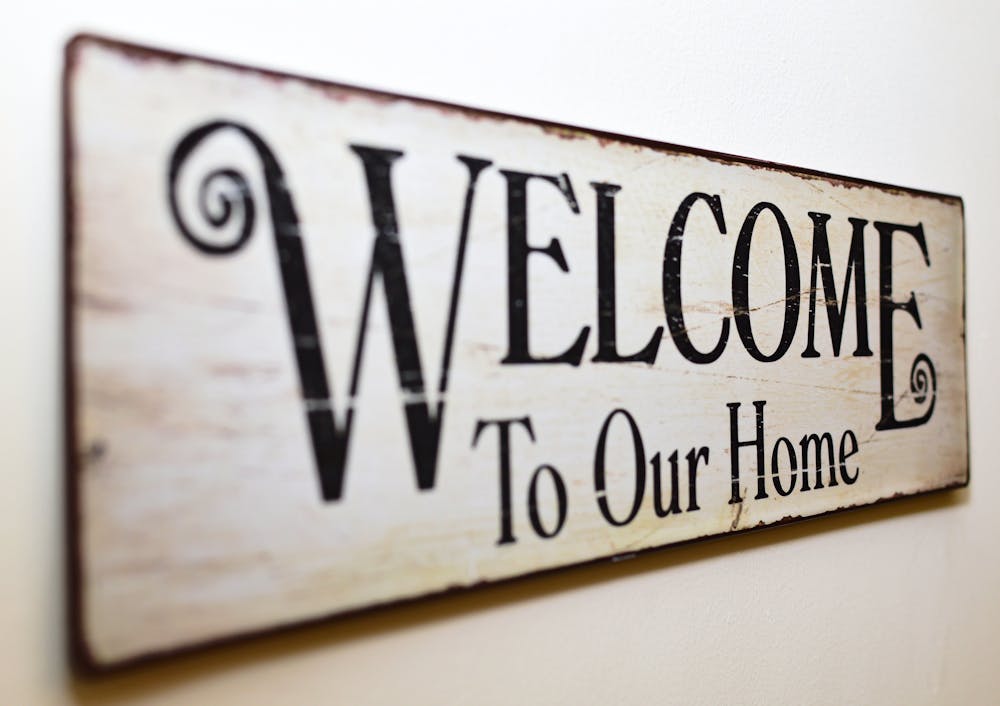Many believe moving to a new home is the key to a happier life. A new place, new neighbors, and new habits seem like a perfect recipe for a fresh beginning. But is this feeling grounded in science, or is it just a fantasy people cling to during stress or dissatisfaction? This article explores the psychological phenomenon known as the fresh start effect, which may explain why moving often feels so promising.
Understanding the Fresh Start Effect
The fresh start effect is a concept rooted in behavioral science. It describes how people are more likely to pursue goals after temporal landmarks, such as a birthday, a new year—or, in this case, a move to a new home. These shifts in our environment or routines signal a break from the past and give us a psychological reset. We feel more motivated to exercise, eat well, or change bad habits. The idea is that physical change triggers mental change. Moving to a new home becomes more than just packing boxes—it represents emotional renewal.
Escaping Old Patterns
Many people feel weighed down by the memories or habits tied to their current home. Maybe you picked up poor sleeping patterns, let clutter take over, or struggled with motivation during long winters. Moving offers a literal and mental escape from those patterns. The fresh start permits your brain to let go of the “old you” tied to the old space. The feeling of moving forward isn’t imagined—it’s part of a psychological mechanism that makes change feel possible.
The Role of Hope and Novelty
Hope is a strong motivator. When you move, you imagine better mornings, improved focus, and maybe even stronger relationships. This hope isn’t baseless. Studies have shown that novelty stimulates the brain’s reward centers. New spaces bring new sights, smells, and daily experiences. This stimulation boosts dopamine, the neurotransmitter linked to motivation and pleasure. The early stages of settling into a new place, filled with organizing, exploring, and planning, all contribute to an elevated mood.
Does a New Home Reset Your Mood?
Our brains are highly responsive to context. When we move into a new space, we’re forced to adapt. New walls, new furniture layouts, and even new routes to work disrupt the automatic patterns that rule our daily routines. This disruption can be good. It allows for intentional habits to take root. Suddenly, the couch isn’t just for TV—it could be the perfect spot for reading or your first-morning coffee. These environmental cues help people shift their behaviors positively, leading to a perceived boost in happiness.
Community and Connection in a New Place
While some people dread starting over in a new community, many find it energizing. Meeting new neighbors or joining local groups allows you to rewrite your social script. This change can be refreshing if your previous neighborhood felt isolating or unwelcoming. The opportunity to create bonds in a new setting feeds into the idea of self-reinvention. You’re no longer just the person from your old address. You’re someone new, with a new story and new people around to share it with.
Clutter, Clean Slates, and Mental Clarity
Clutter has been linked to stress, anxiety, and poor focus. A move is often a built-in decluttering session. You’re forced to decide what stays and what goes. This clearing out of physical items usually leads to a mental lightness. Starting over in a less cluttered space naturally supports healthier routines. It’s easier to clean, organize, and move around freely.
When Newness Wears Off
The initial excitement of a move can fade. The boxes get unpacked. The routines return. The same job stress or personal issues may creep back in. So, does moving make people happier in the long term? Research suggests that a fresh start can boost you, but the lasting impact depends on how you maintain the changes. If the environment supports your goals—like a better commute, more space, or a quieter neighborhood—it can improve mood and life satisfaction.
Common Mistakes That Disrupt the Fresh Start
Many people approach a move with unrealistic expectations. One of the most common mistakes is assuming that a new home will solve every problem. It won’t. Happiness still requires work. Another error is moving without professional help. This often leads to delays, damage, and stress that overshadows the benefits of the move. People underestimate how exhausting relocation can be and overestimate their ability to manage everything alone. The stress of poor planning or broken furniture can interfere with the mental clarity a fresh start is supposed to provide. The key is recognizing the move as a stepping stone—not a magical fix.
Digital Detox and Environmental Shifts
Moving often results in temporary disconnection from digital distractions. As you settle into your new place, there’s a pause before the internet is set up or your favorite takeout joints are discovered. This interruption can lead to more mindful moments. Without the usual noise, people reflect, write, and engage with their surroundings. This brief digital detox reinforces the sense of presence and intention that the fresh start effect amplifies.
Habit Stacking and Home Design
One powerful aspect of a new home is the chance to rethink how you use your space. Want to read more? Place a cozy chair by the window. Want to cook healthier meals? Keep the kitchen counters clear and accessible. Home design shapes habits. When you move, you have a rare opportunity to build systems that support the person you want to become. Stacking is easier when the space feels untainted by old routines.
Emotional Cycles and Moving Decisions
Psychologists talk about emotional forecasting—our guesses about what will make us feel good. Many people think that a move will deliver constant happiness. But emotions are cyclical. Even after a move, people return to baseline moods. That doesn’t mean the move was pointless. It means you need to actively build meaning into your new environment. Regular walks, conversations with new neighbors, or starting small projects in your new home help create emotional anchors. These daily touches support happiness over time.
Why Intentionality Matters Most
The truth is, the fresh start effect works best when it’s part of a larger plan. Moving without reflection, clarity, or reason won’t create lasting change. But if you move with intention, use a clean slate to build healthier habits, and focus on personal growth, happiness is more likely to follow. A new home is the beginning of a chapter, not the conclusion. Your mindset, choices, and effort determine how that chapter unfolds.
Moving as a Tool, Not a Cure
So, does moving to a new home make you happier? It can—but not because the house itself has magical powers. The change in environment triggers the fresh start effect, which gives you a brief mental boost. This boost helps you change routines, break free from past patterns, and build a version of your life that feels more intentional. But lasting happiness requires effort, reflection, and support.





